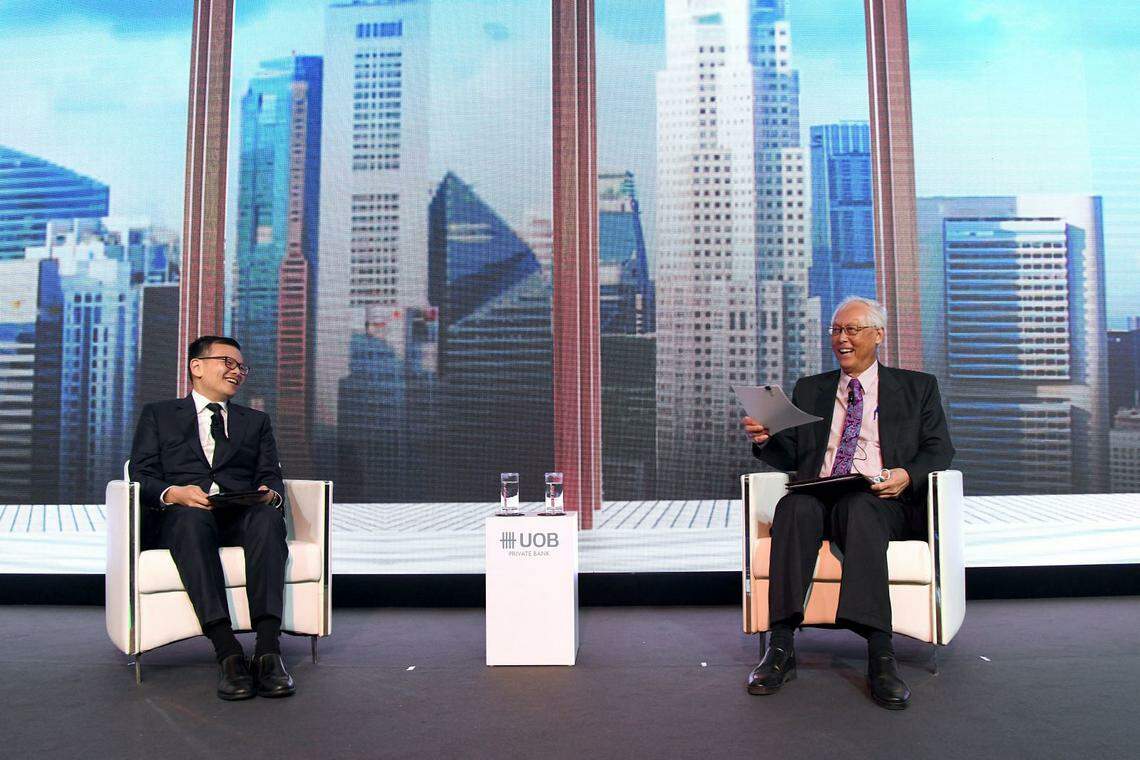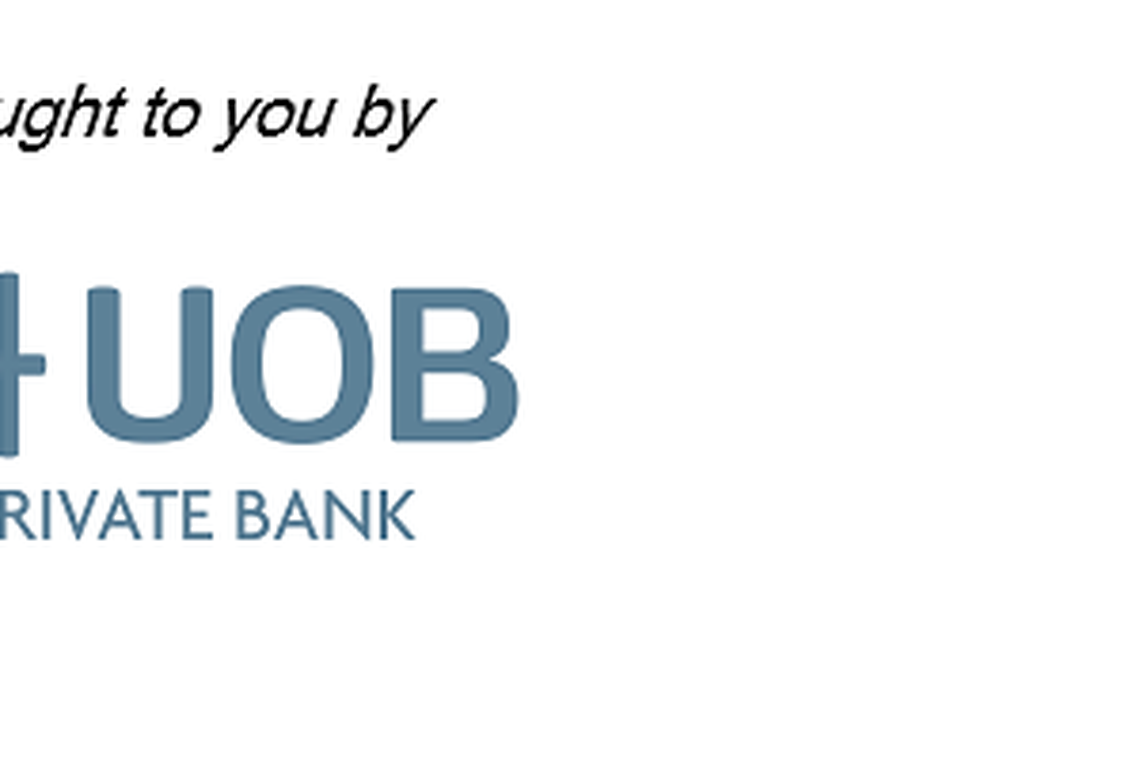Building resilience as recession risk threatens
Amid the risk of recession, investors may ride out the storm by investing in countries like China and Japan which are at the early cycle recovery phase, says UOB Private Bank
Fears of a global recession have increased but investors can still make a decent return by keeping track of what different central banks are doing, and identifying economies and sectors that will prove resilient even if inflation does not abate.
One way to evaluate potential investment opportunities is by looking at which stage of the business cycle a country is currently at.
For instance, while US economic activity has peaked, with the Federal Reserve (Fed) raising interest rates to ensure inflation does not run out of control, China and Japan are at an expansionary phase with central banks lowering or standing pat on interest rates to spur economic growth.
Because of the diverging business cycles, investors should increase allocation to Chinese and other Asian assets, since the more benign interest rate environment will support stock and bond markets over the next year, UOB Private Bank's Chief Investment Officer, Dr Neo Teng Hwee, said.
Why China remains attractive
At UOB Private Bank's 2H Investment Forum last Friday (June 3), Dr Neo shared his outlook for the second half of 2022. He also held fireside chats with Emeritus Senior Minister Goh Chok Tong, who spoke about recent geopolitical developments and their implications on Asia and Singapore, and renowned Chinese economist David Li Daokui, who explained recent developments in China, and the resulting opportunities and risks for investors.
GET BT IN YOUR INBOX DAILY

Start and end each day with the latest news stories and analyses delivered straight to your inbox.

During his opening address, UOB's Head of Private Wealth, Mr Chew Mun Yew, noted that investors are "drumming in a new investment era", one that is beset by challenges such as the war in Ukraine, unresolved supply chain issues and high inflation.
Despite these headwinds and market volatility, there remain opportunities in today's investment landscape.
Dr Neo said that conditions in China, while challenging, are being alleviated by interest rate cuts that will spur investment and consumption.
Late last month, the People's Bank of China cut its five-year loan prime rate (LPR) by 15 basis points to 4.45 per cent, the second reduction this year. The LPR is the rate at which commercial banks lend to their best customers and the five-year maturity is typically used as a reference for mortgages.
"Experience in other countries suggests that Covid restrictions result in a deferral, rather than a permanent destruction of demand, so long as businesses are supported from failure," Dr Neo said, addressing the impact of China's strict lockdowns on the economy.
"As China adapts and copes, the impact on economic output could lessen over time," he added.
Dr Neo recommends investors to look at both Chinese stocks and quality corporate bonds since valuations are at very attractive levels.

As for the rest of Asia, economies have started to recover after two years of slowdown due to Covid-19. This uptick is unlikely to be derailed by higher interest rates since inflation, while increasing, is not running at levels that necessitate an aggressive policy tightening.
Investment bright spots
"Despite the global push towards decarbonisation, energy transition will be a multi-year process. Given current valuations, the sector remains attractive." - Dr Neo Teng Hwee, Chief Investment Officer, UOB Private Bank
The great US inflation
In contrast, inflation in the US is hovering near a 40-year high, putting pressure on the Fed to raise interest rates at a faster pace.
Dr Neo said that while the war in Ukraine and the disruptions to global supply chains due to Covid-19 have contributed to rising prices around the world, conditions in the US have been accentuated by the tight labour market.
With US inflation expected to remain high for some time, investors should consider buying stocks in defensive industries that pay high-dividend yields, bonds with a floating rate component, credit-linked notes and bonds whose coupons are reset periodically.
"With the Fed having telegraphed a hiking cycle, fixed income yields are now higher and can act as a portfolio stabiliser should a recession scenario materialise," Dr Neo added.
Never stray from the basics
Dr Neo said market sentiment has weakened considerably since the start of 2022. Digitisation and e-commerce, along with increased restrictions on trade and investment by many countries, have also clouded the outlook.
Amid all these uncertainties, however, there are recurring patterns in all economies such as business cycles which indicate when economies are likely to expand at a faster pace.
There are also sectors that will better weather an economic slowdown due to their pricing power and inelastic demand for their products.
"By focusing on the economic fundamentals and staying diversified, investors will be able to ride out the storm," Dr Neo said.
Key takeaways from UOB Private Bank's 2H Investment Forum
1. A global recession is not inevitable US household balance sheets remain healthy, which will propel consumer spending, said Dr Neo, adding that any drag from the US will be offset by the pick up in China's growth in the second half of 2022.
2. Worries about China are overblown The Chinese authorities will step up efforts to stimulate the economy, according to Professor Li, a member of the People's Bank of China's Monetary Policy Committee. China's leaders know the country cannot achieve its long-term objectives without growth and prosperity.
3. Sino-US relationship now based on distrust The next few years will be marked by increased competition between the US and China, and Asian countries may be forced to take sides, said ESM Goh. Singapore's 4G leaders will face a more geopolitically unstable world.
Disclaimer: The material contained in this publication is intended for information only and does not constitute investment recommendation or advice. UOB does not accept any responsibility for any loss or damage caused by any use of or reliance on the opinions or views expressed in this publication which may be subject to change due to dynamic market conditions.

BT is now on Telegram!
For daily updates on weekdays and specially selected content for the weekend. Subscribe to t.me/BizTimes
New Articles
Shell to sell Singapore oil refinery, chemicals assets to Glencore joint venture
Aims Apac Reit posts 10.2% lower H2 DPU on enlarged unit base
Singapore top recipient of Q1 cross-border investments in Apac: Knight Frank
Dasin Retail Trust’s trustee-manager chairman, directors deny allegations of misconduct
Keppel Infrastructure Trust posts 29.1% lower Q1 distributable income
Bitcoin faces worst month since FTX crash with ETF demand cooling
